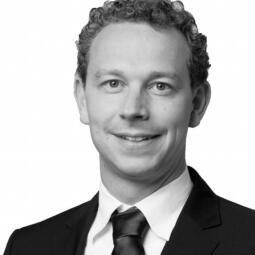
Altruism has long puzzled social scientists of any discipline. Why would individuals voluntarily give money, blood or organs and invest time and work to help strangers without getting anything in return?
A light reception will be available after the seminar from 6-7 p.m.
Despite developed market economies and welfare states, poverty remains a pivotal social problem in most European societies. The financial and fiscal crises of some countries and the recent massive influx of refugees have further increased the number of people in need. Where markets and welfare states fail to provide sufficient income to these people, private help by individuals and non-profit organizations constitute a crucial mechanism of support. Only recently, the refugee crisis in Europe has shown the importance of private giving. Helping people in need by providing goods or services can be understood as a prime example of altruistic behavior, the explanation of which has long puzzled scholars from different disciplines.
Explanations of who gives range from specific individual resources, to altruistic identities and the “warm glow” of giving. Yet, such microscopic understandings of altruism are challenged by extensive differences in the degree to which people give to the needy across Europe. In this presentation, Koos will review existing explanations of altruism, and offer an institutional perspective on giving patterns across Europe. He will also discuss the recent refugee crises, with a focus on Germany. He will provide insights into the people who were part of the immense wave of support for refugees in summer 2015.